Swiss cheese and Asian tea: An arranged culinary marriage
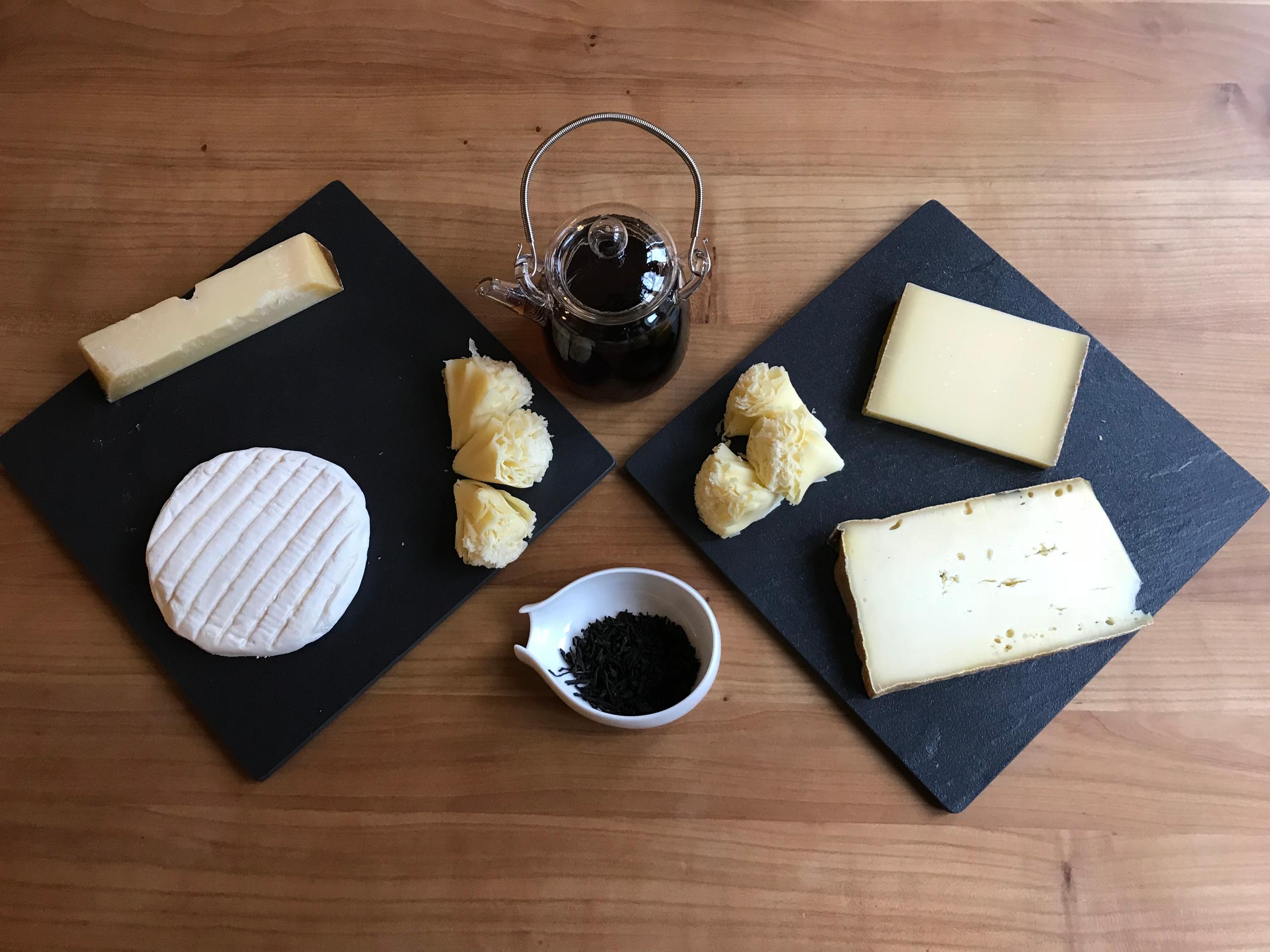
Cheese and tea have been around for thousands of years but seldom do the twain meet at the dinner table. An expert matchmaker shares tips on how to pair the two with special combinations created exclusively for swissinfo.ch.
The proof of the pudding lies in the eating. With this in mind, swissinfo.ch embarked on a gourmet adventure of tasting several combinations of Swiss cheeses with Chinese, Japanese and Indian teas. At the Länggass-Tee tea shop in Bern, we learned first hand that Gruyère cheese is tough to match with teas, Japanese teas are rich in “umami” taste like cheese and Chinese Oolongs pair well with almost all Swiss cheeses.
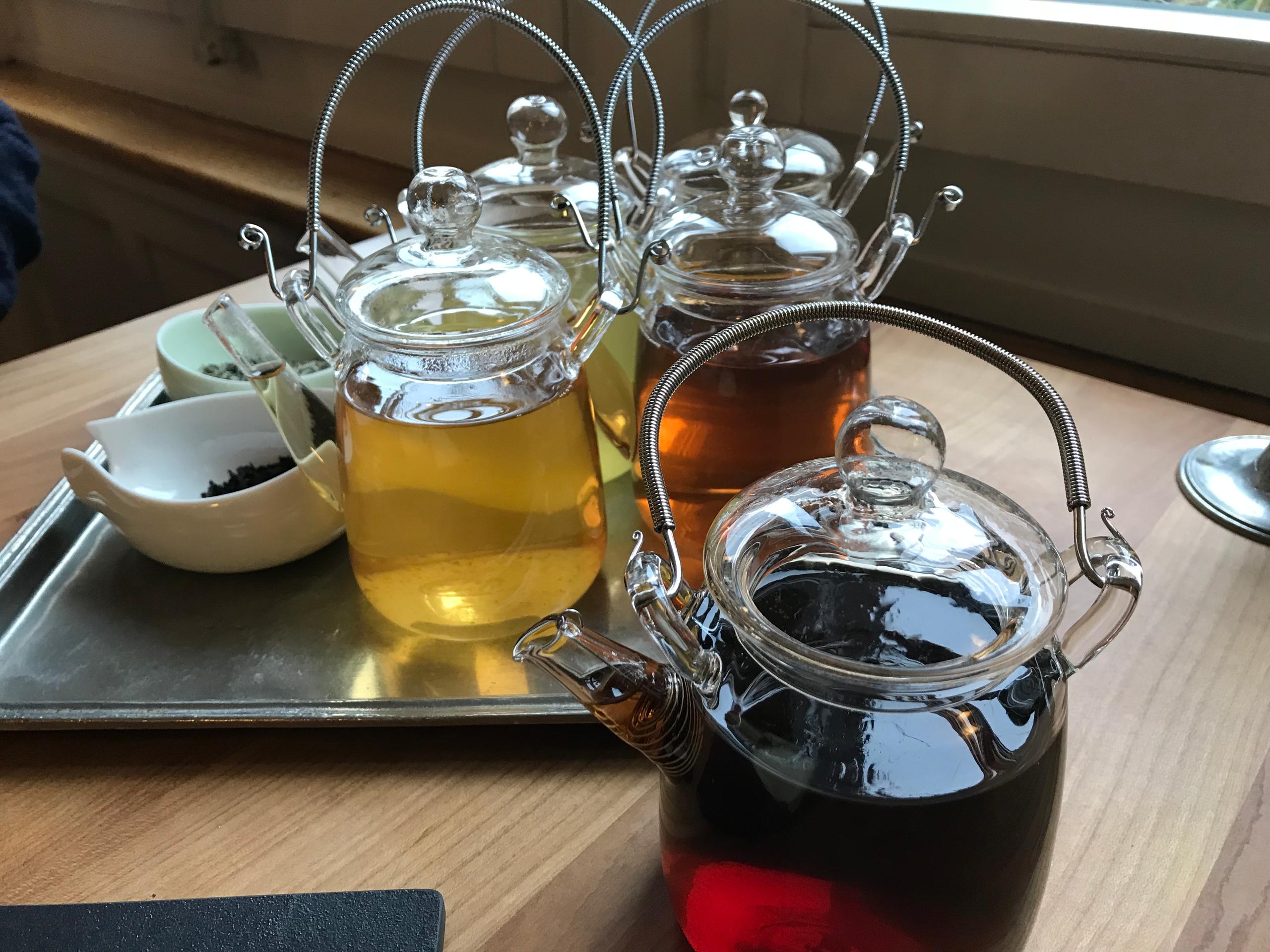
More
The fine art of pairing Swiss cheese with tea
It all began on a Swiss Alp a little over 30 years ago. Fabienne Effertz, a social worker from Belgium, quit her job to graze cows on Alpine pastures in the world famous cheesemaking Gruyère region of western Switzerland. Effertz spent five seasons (May to October) learning the ins and outs of the trade, which obviously included how to make cheese.
“My grandparents were farmers and made cheese but I had lost connection to that world. Only when I came to Switzerland was I able to renew the link,” she says.
When she returned to Belgium she opened an artisanal cheese shop. Customary to pair cheese with wine, clients who didn’t drink alcohol would ask her to recommend a beverage that would go with the cheese they bought. It was then she recollected the Swiss tradition of drinking black tea with fondue or raclette. While Effertz knew a lot about cheese, she was a relative novice when it came to tea. She spent almost three years training under a Chinese tea expert in Belgium before she was confident enough to recommend cheese-tea pairings to her clients. She also hosts workshops and has written a bookExternal link on the subject.
“I think tea adds an interesting layer to eating cheese and also helps in digestion. In terms of gastronomy, it offers exciting possibilities as cheese and tea have traditionally belonged to different taste cultures,” says Effertz.
Winning combination
When it comes to awareness, the Swiss might know their cheese but there is no real tea culture. According to Jürg Meier, president of the Years Tea Club of Switzerland, people resort to tea only when they consume fondue.
“Most people in the German-speaking part mean herbal tea when they refer to tea”.
However, Swiss tea connoisseurs appear to agree that there is a logic to pairing the beverage with cheese.
“Both tea and cheese are rich and complex and pairing them can complement and enhance each other,” says Mark Drenhaus of the Länggass-Tee tea shop in Bern.
According to him, tea can be very close to wine without the alcohol in terms of sensorial experience. However, pairing cheese with tea is not as straightforward as wine as there are no handy guidelines to ascertain what pairings would work well. Following classification rules meant for wines can also be misleading.
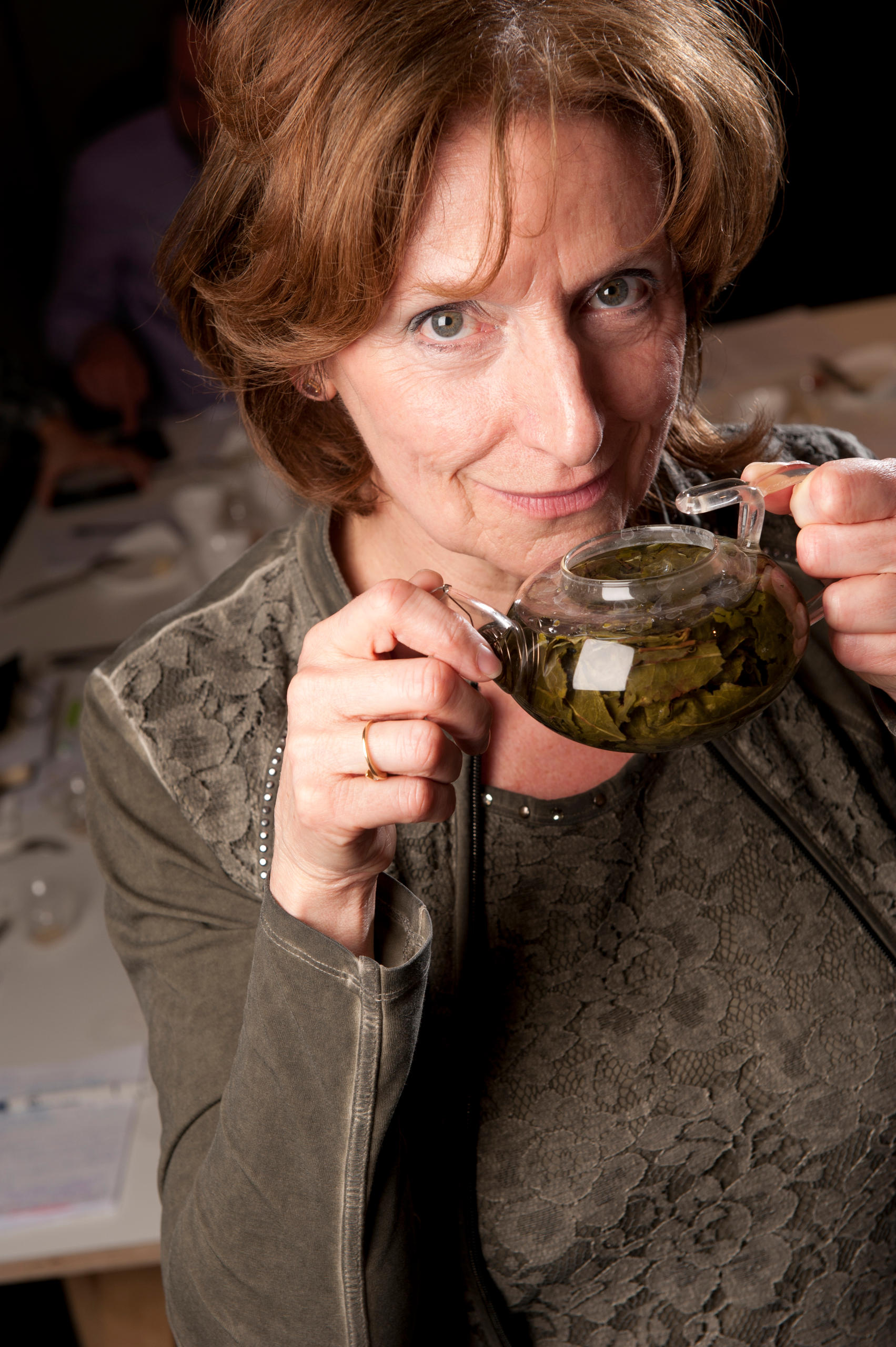
“You would assume that strong cheeses like Herve, Maroual or Munster will go with black teas that have the same intensity but often a completely different tea like Oolong ends up being a much better match,” says Effertz.
She has also found out that similar cheeses do not necessarily go well with the same tea variety. This means that every pairing has to be identified from scratch. Effertz takes a bunch of teas from a region and a selection of cheeses and based on her tasting experience, tries to ascertain what combinations work together. It takes her three days to match a cheese with a tea. Effertz does taste tests the first day, verifies the results on the second day and re-verifies again on the third because the taste palate can vary from day to day.
But not everyone needs to be an expert to pair tea and cheese. Effertz believes that personal discovery plays an important part in the rise in popularity of her tasting workshops.
“Everyone has the ability to be a taster and it is important to find what works for you,” she says.
Exclusive Indian tea and Swiss cheese pairings
Fabienne Effertz has tasted and recommended Indo-Swiss pairings exclusively for swissinfo.ch.
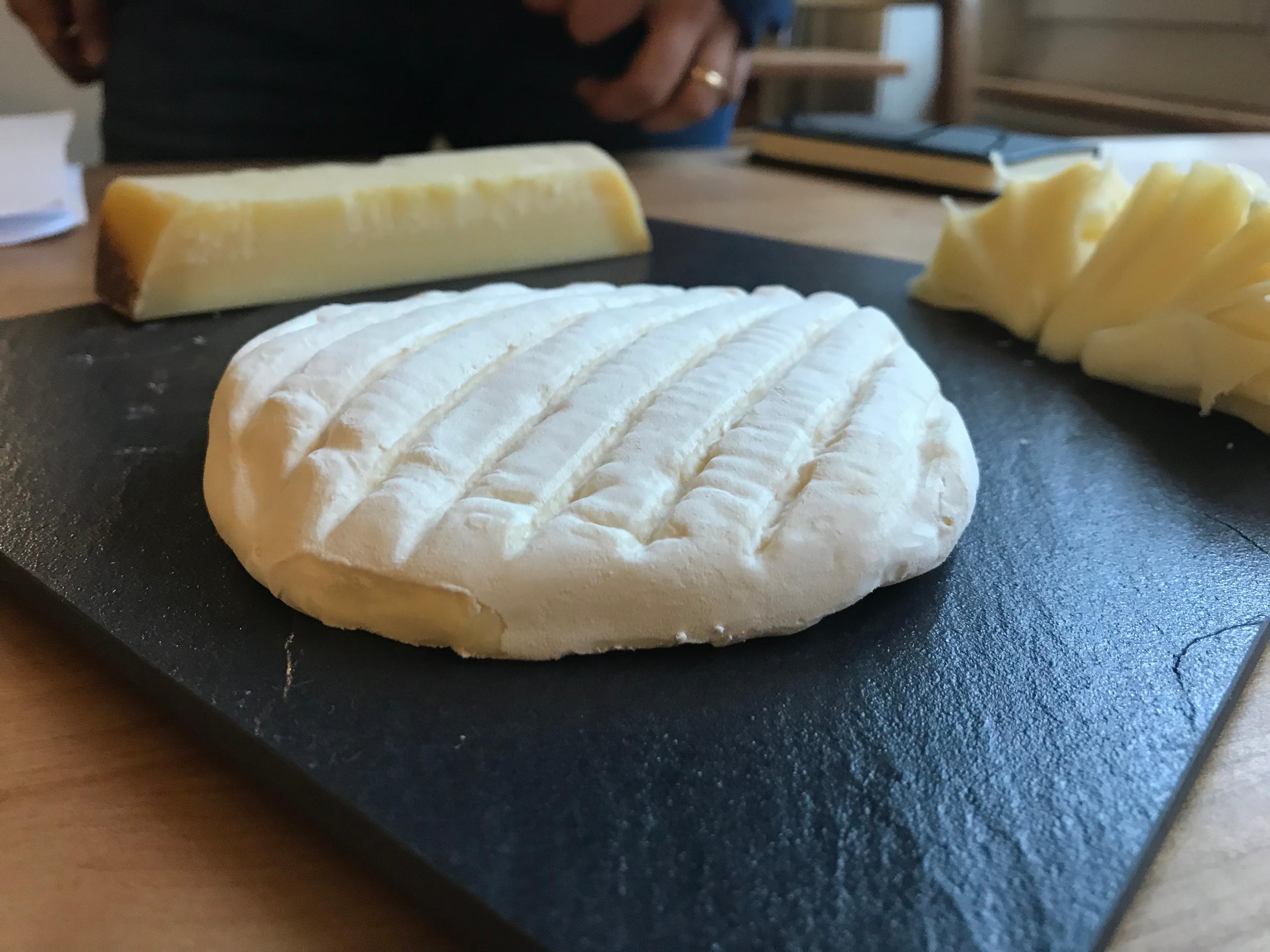
Tomme Fleurette and Oolong tea of South India
This creamy, milky, creamy, nut-flavored raw cow’s milk cheese with a smooth, creamy rind goes hand-in-hand with this tea from the mountains of Tamil Nadu, which has a lingering scent of cooked fruit with a sweet and mellow flavour.
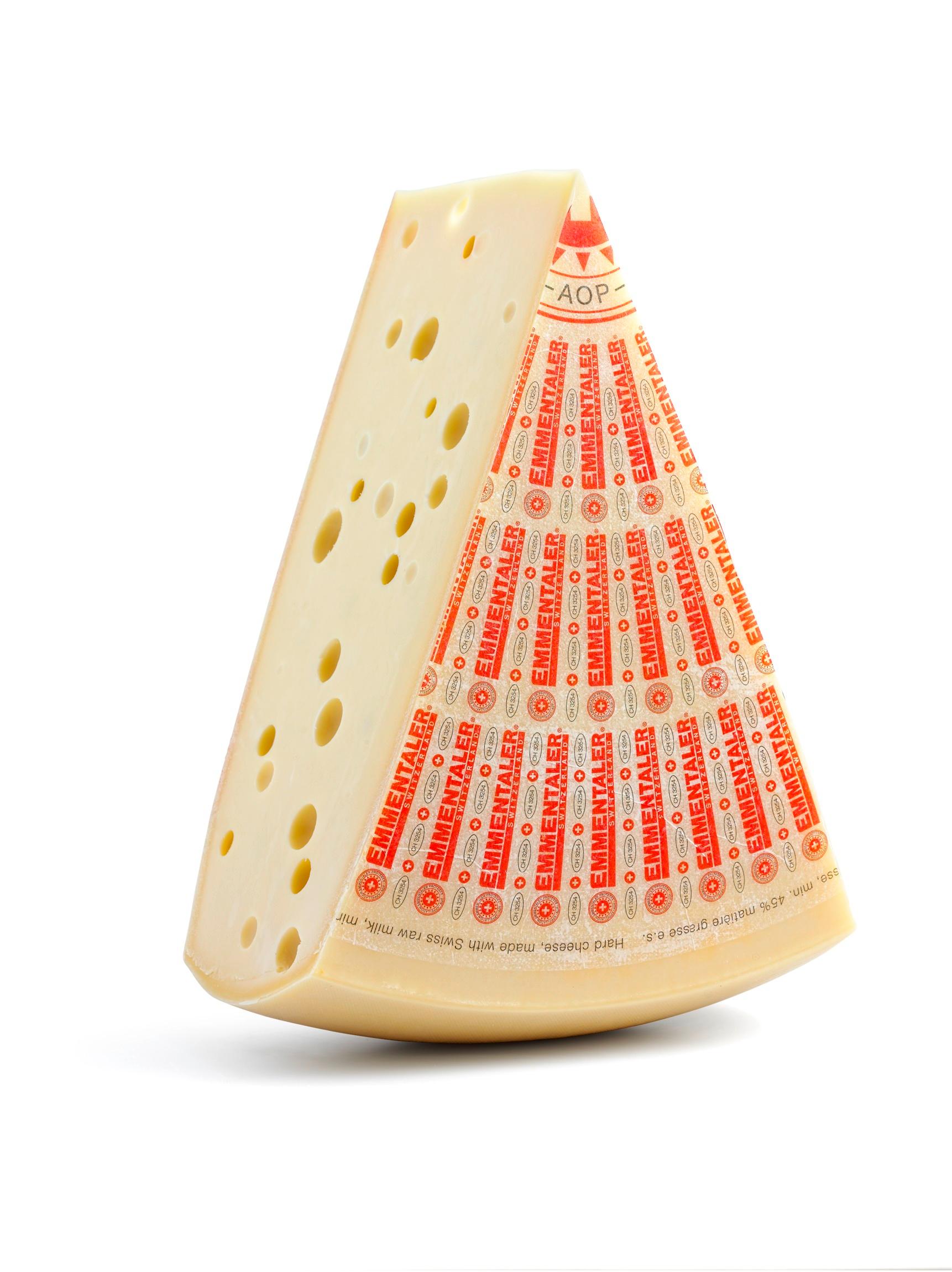
Cave-aged Emmentaler and Darjeeling Himalaya
At four months, this Emmental cheese is aged in caves for at least another eight months for a distinct flavor and colour. It has ‘pearls’ of mineral salts in its ‘holes’ and harbours aromas of walnuts, wet leaves, potatoes and wine cellar, resulting in light, sweet bitterness. This black spring tea has a golden and fruity colour and its delicate, floral and fresh aroma marries subtly with the cheese’s deep aromas.
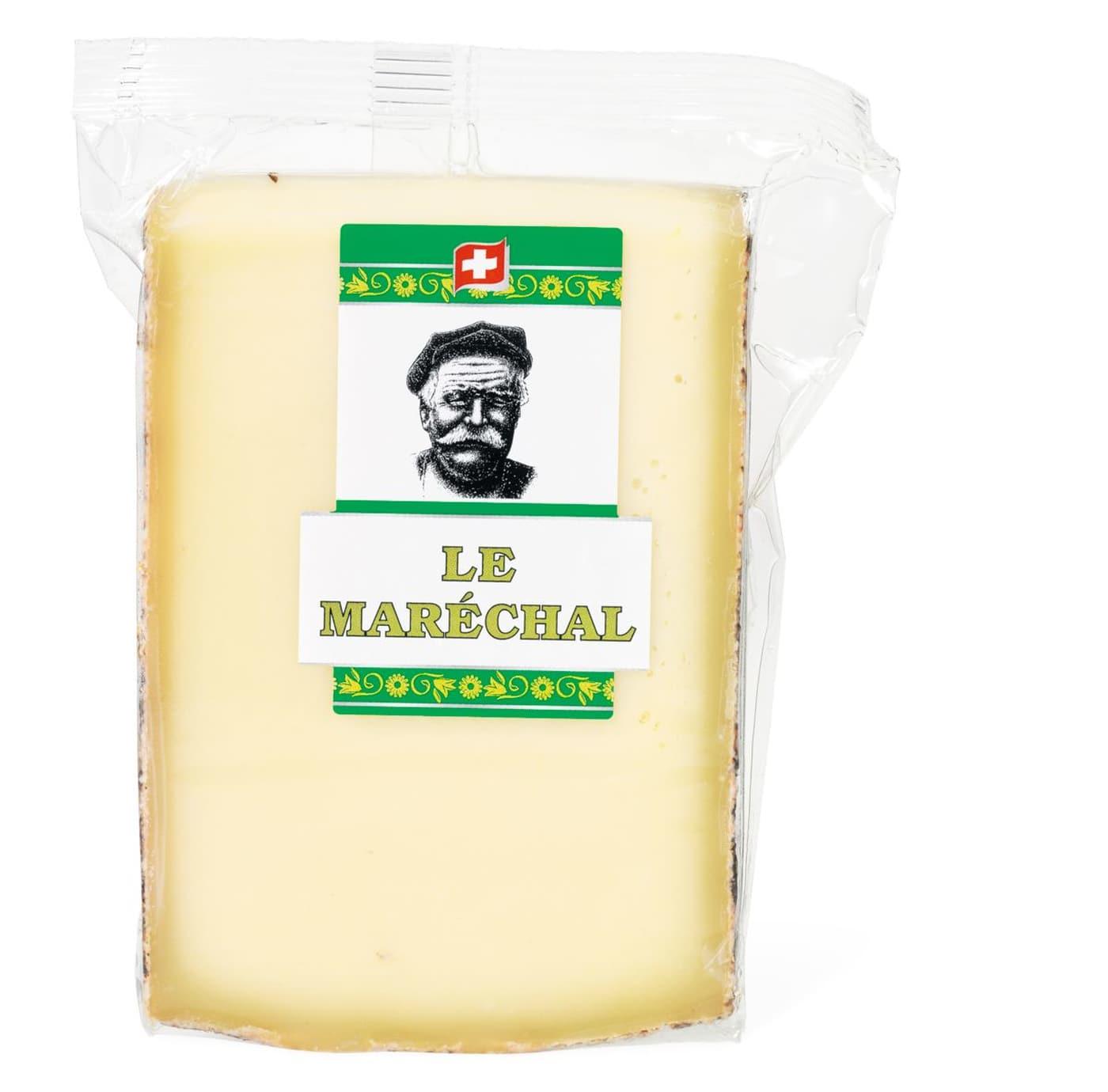
Maréchal and organic Earl Grey
This ‘modern’ pressed cheese, that dates back to 1992, is rich in fresh and floral flavours thanks to being rubbed with aromatic herbs during ripening. The Earl Grey black tea, refreshing, with bergamot oils, offers the same intensity putting it in perfect harmony with the cheese.
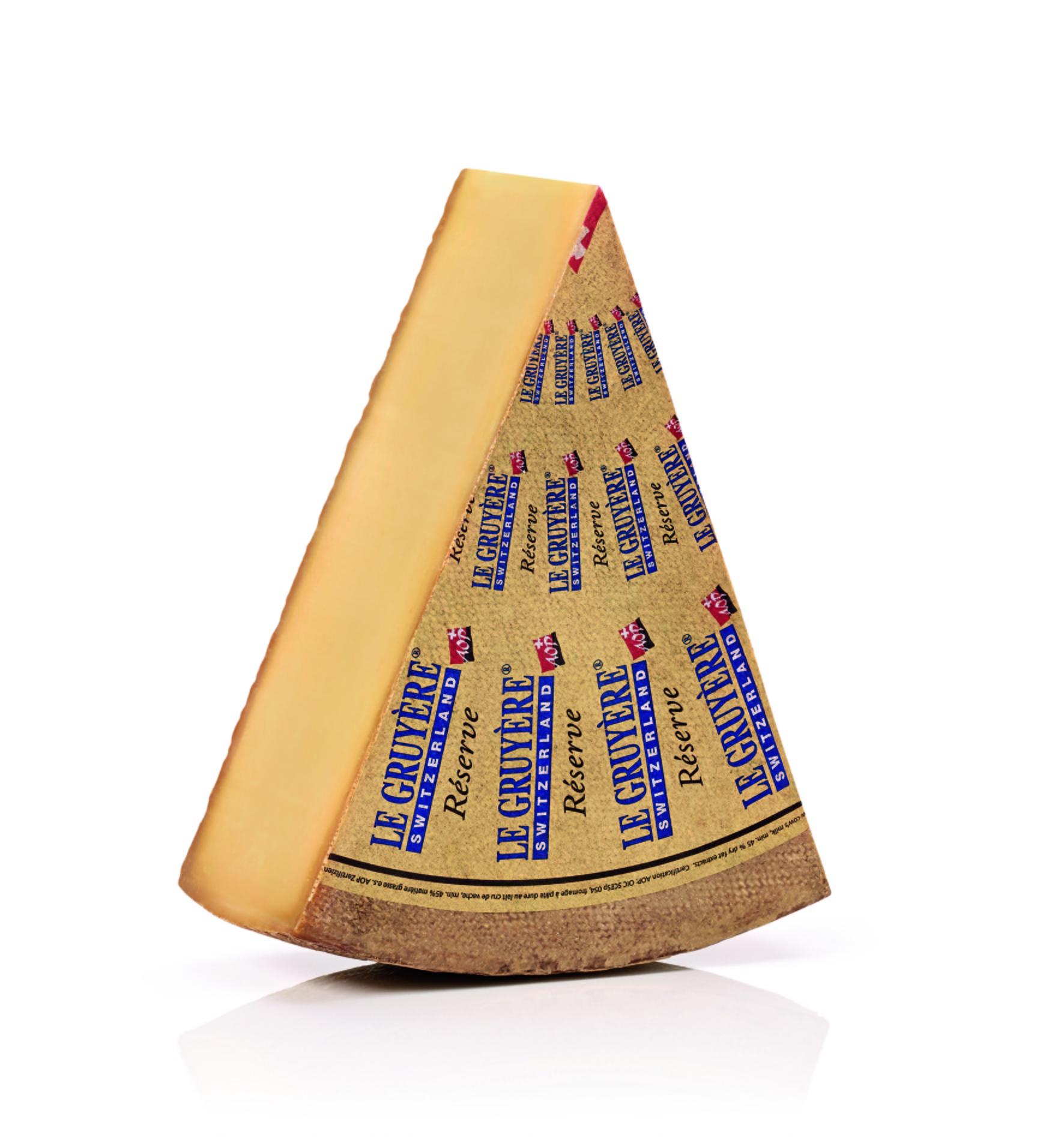
Gruyère Reserve and Darjeeling Sungma, first flush
The dense textured cheese with notes of milk and dried fruits is a perfect match for the tea that bears the scent of wildflowers and also comes with fruity notes.
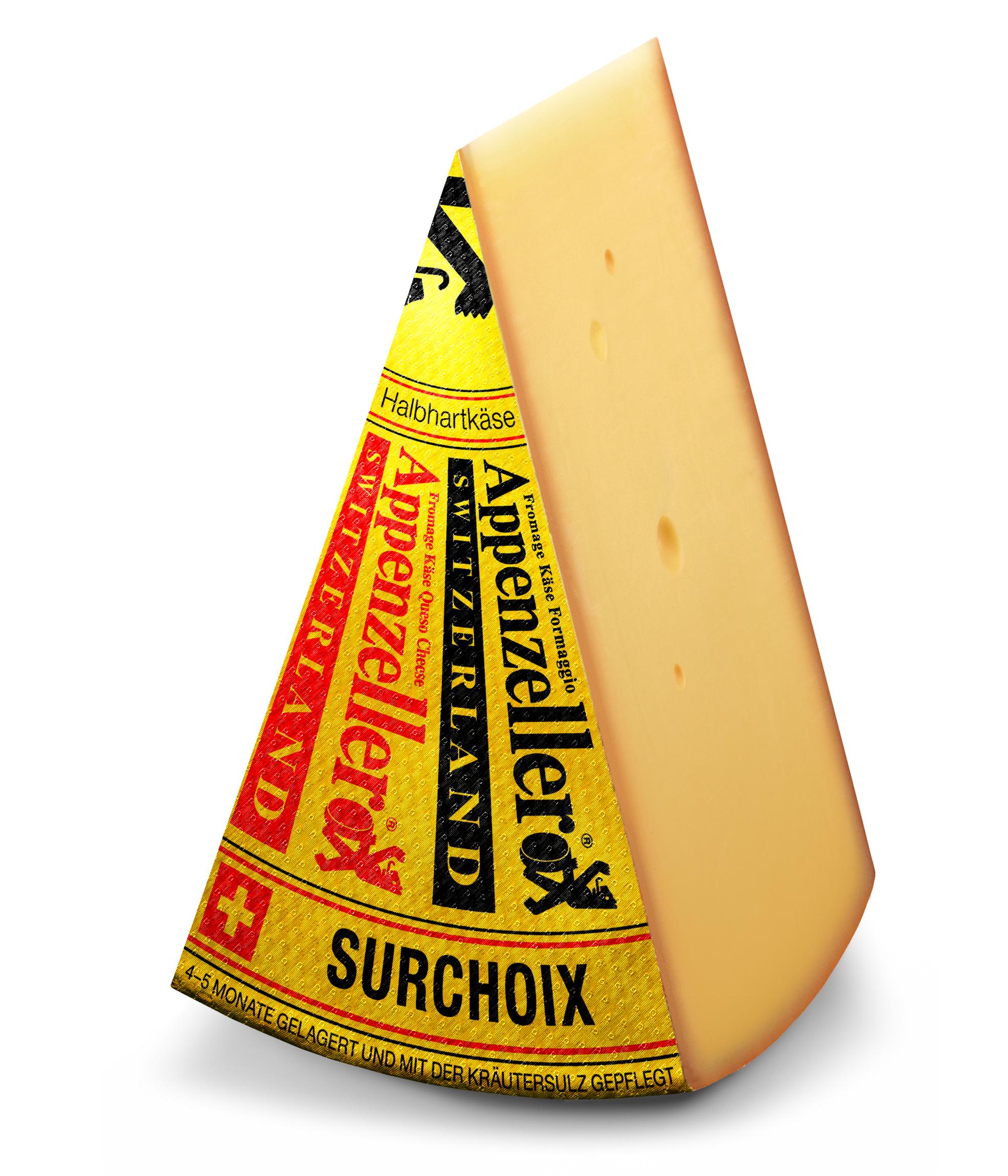
Appenzeller Surchoix and Darjeeling Gopaldhara autumn ‘Red Thunder’
The ‘strongest’ Swiss cheese has concentrated aromas of fruit, white wine, cider and has a dense texture. A beautiful balance is achieved when it encounters the tea’s comforting aromas of spice and fruit, with peppery notes.
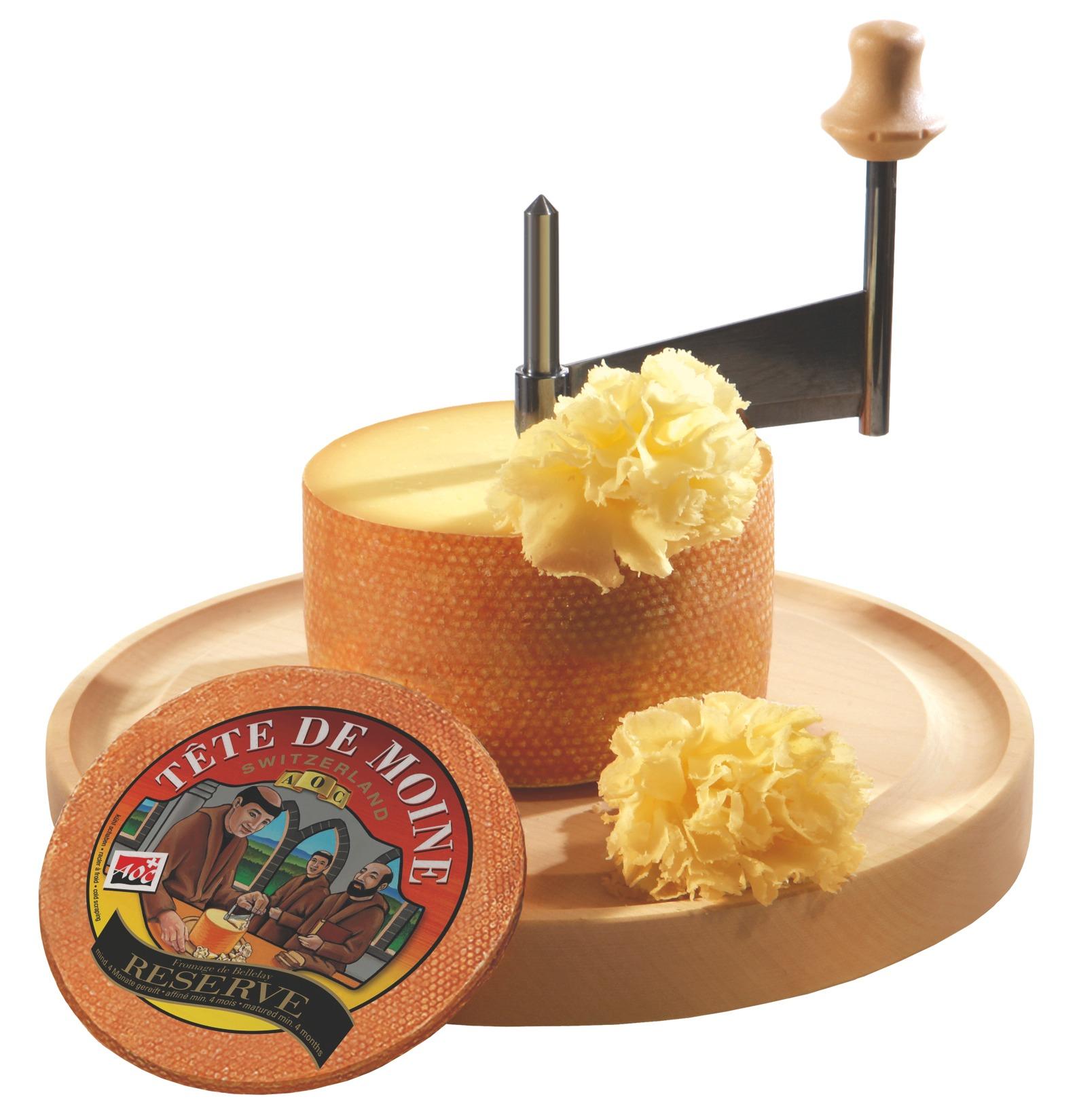
Tête de Moine and Darjeeling Avongrove, organic white tea
The cheese should be scraped into rosettes so all its aromas are released. This form creates strong flavours in the mouth with animal notes due to its dense and fatty texture where umami is very much present.
This complex tea, with aromas orange blossom and pepper flowers creates a velvety sensation on the palate when it meets the cheese.
Developed by Fabienne Effertz for Switzerland Cheese Marketing
– Gruyère Classic with Chinese Bai Mu Tan white tea
– Cave-aged Emmentaler with Japanese Sencha Okimudori green tea
– Emmentaler with Chinese Foxiang green tea
– Tête de Moine with Chinese Men Ding Gan Lu green tea
– Etivaz with Vietnamese Tra To Quy (Wulong) tea
– Vacherin Fribourgeois with Chinese Lao Cong Xiao Zhong red tea
The president of the Switzerland’s only tea club does not agree with all of Effertz’s pairings. He believes that the harder and stronger the cheese, the darker the tea should be.
– Gruyère and Emmentaler with Assam tea from India or Yunan black tea from China
– Appenzeller with Nilgiri from India or Uva from Sri Lanka
– Tête de Moine with standard Darjeeling or high-grown Nilgiri
– Soft cheeses like Camembert or Tomme with white tea
– Smoked cheeses with smoked black tea like Lapsang Souchong
Goat or Sheep cheese with experimental teas like Oolong from the Nilgiris

In compliance with the JTI standards
More: SWI swissinfo.ch certified by the Journalism Trust Initiative

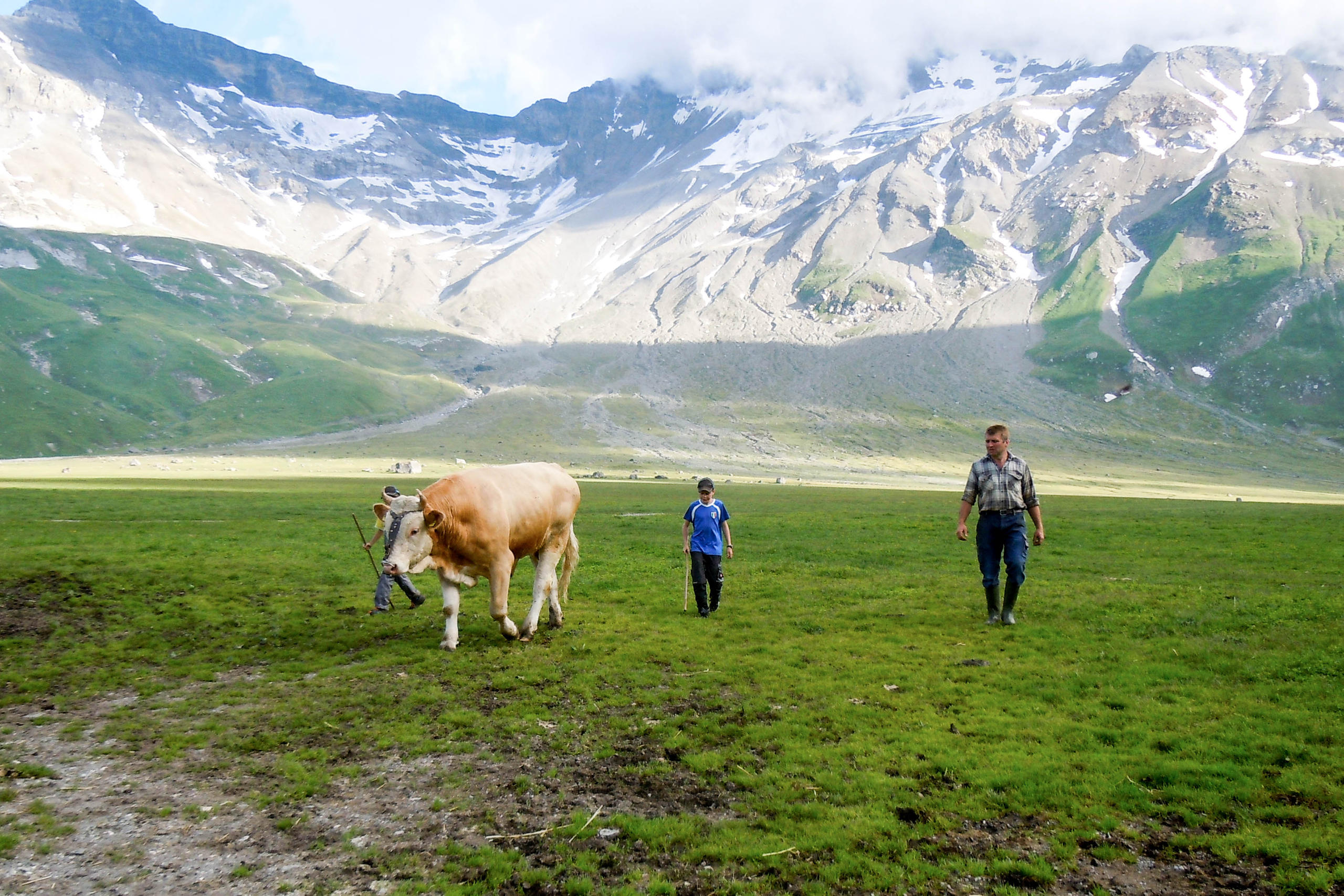
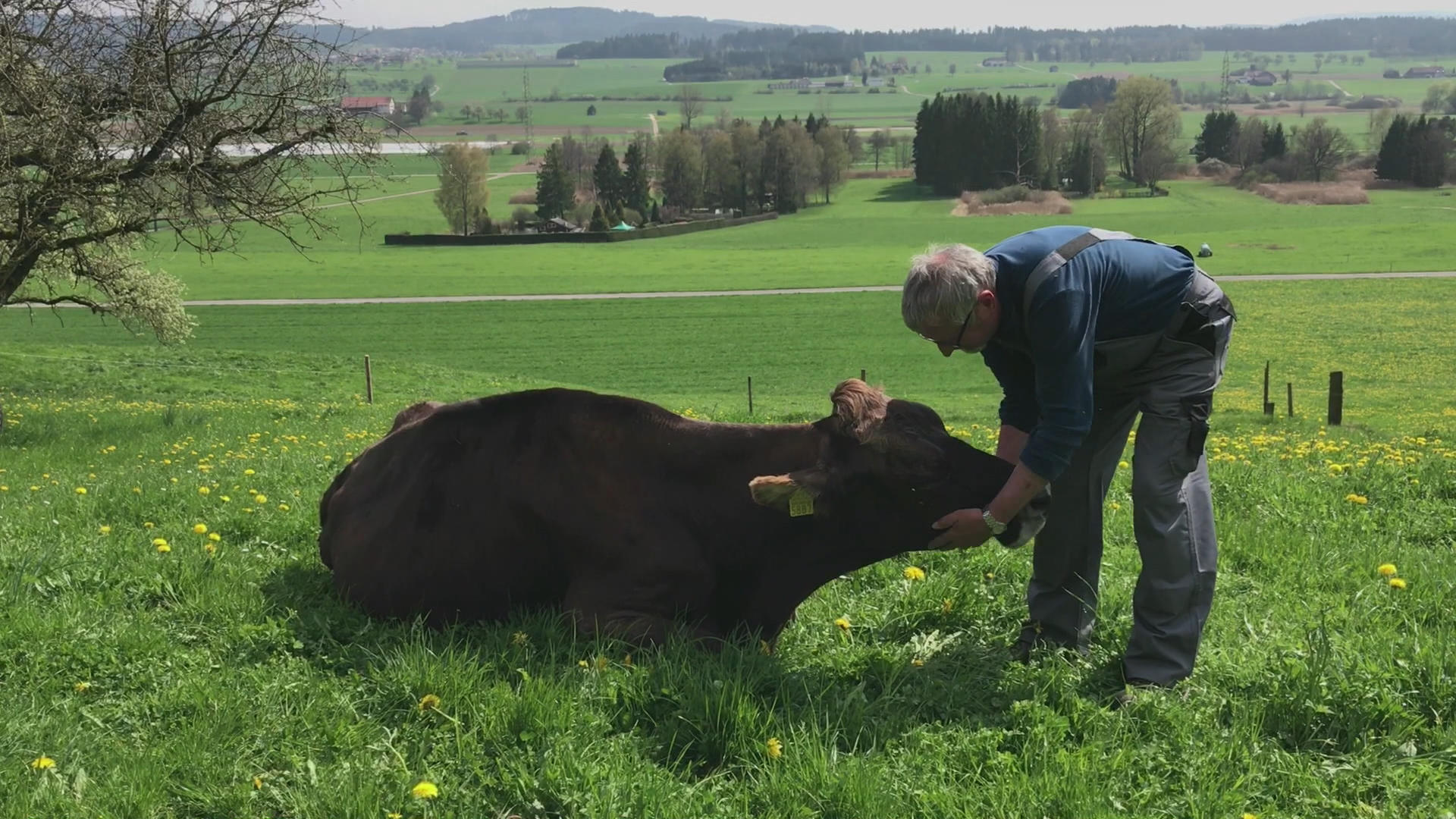
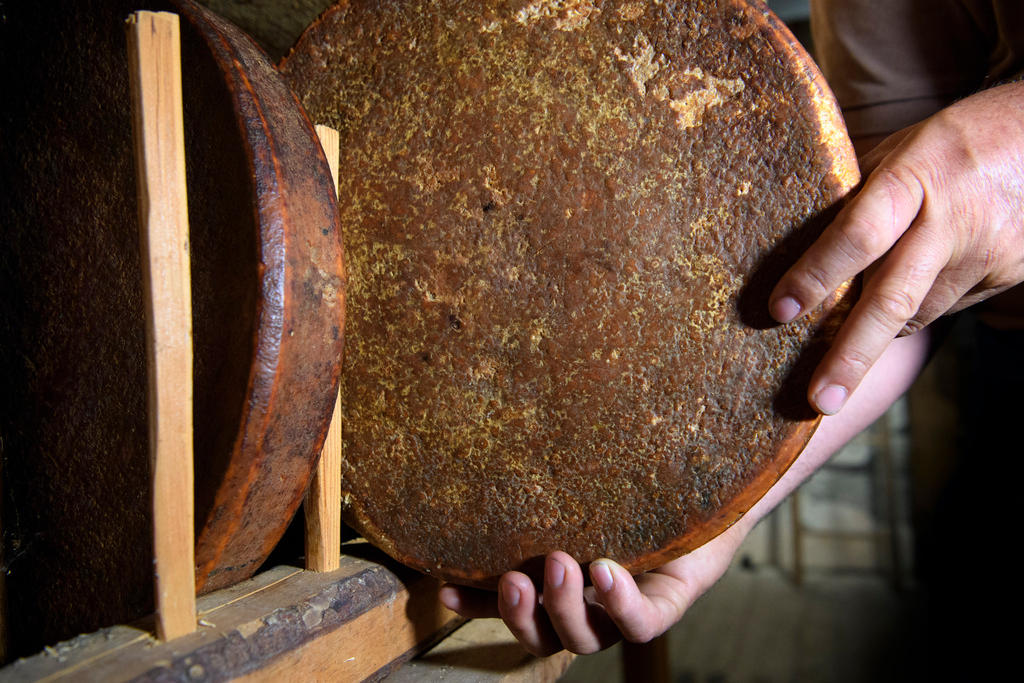
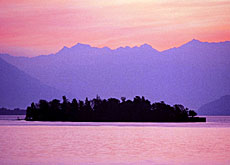
You can find an overview of ongoing debates with our journalists here. Please join us!
If you want to start a conversation about a topic raised in this article or want to report factual errors, email us at english@swissinfo.ch.